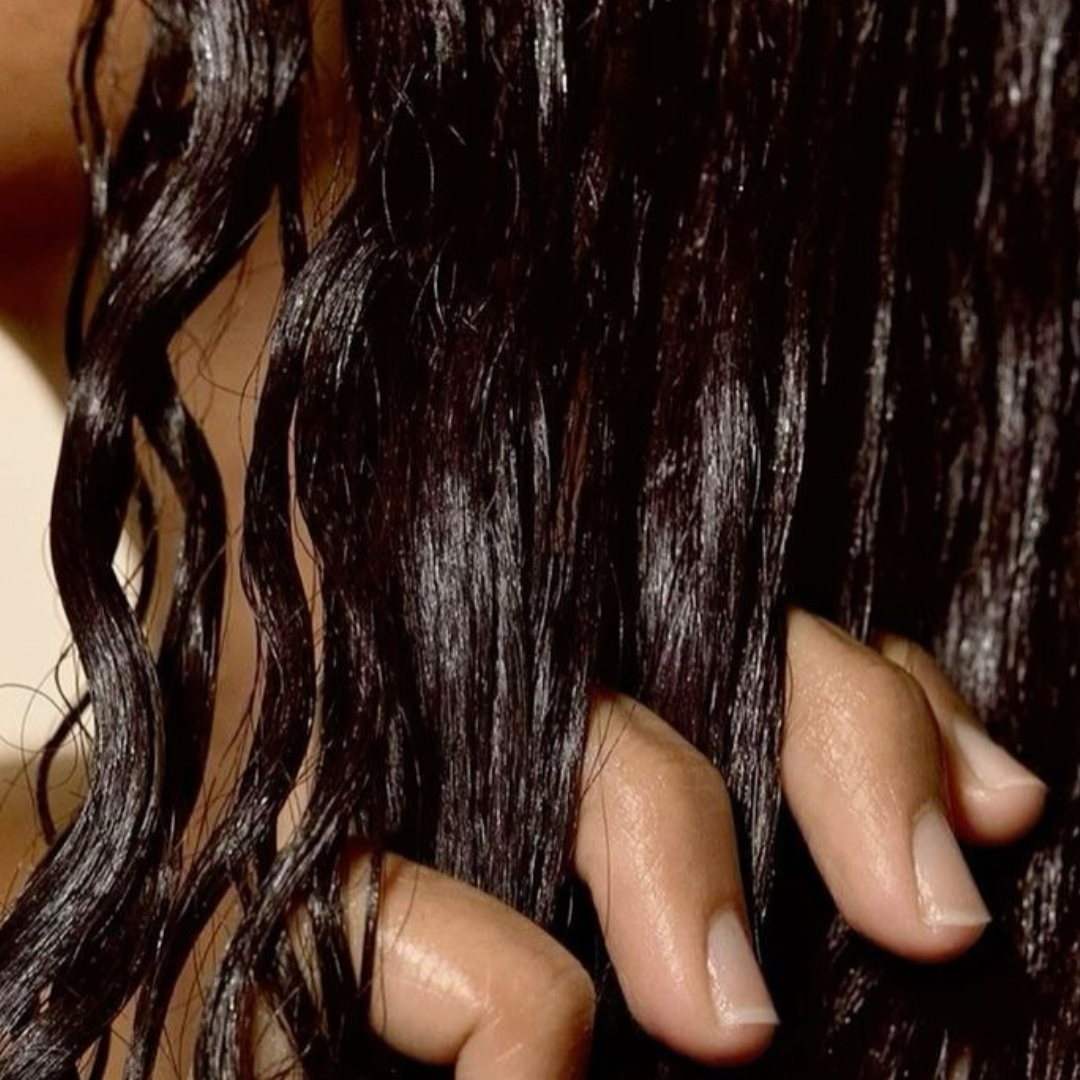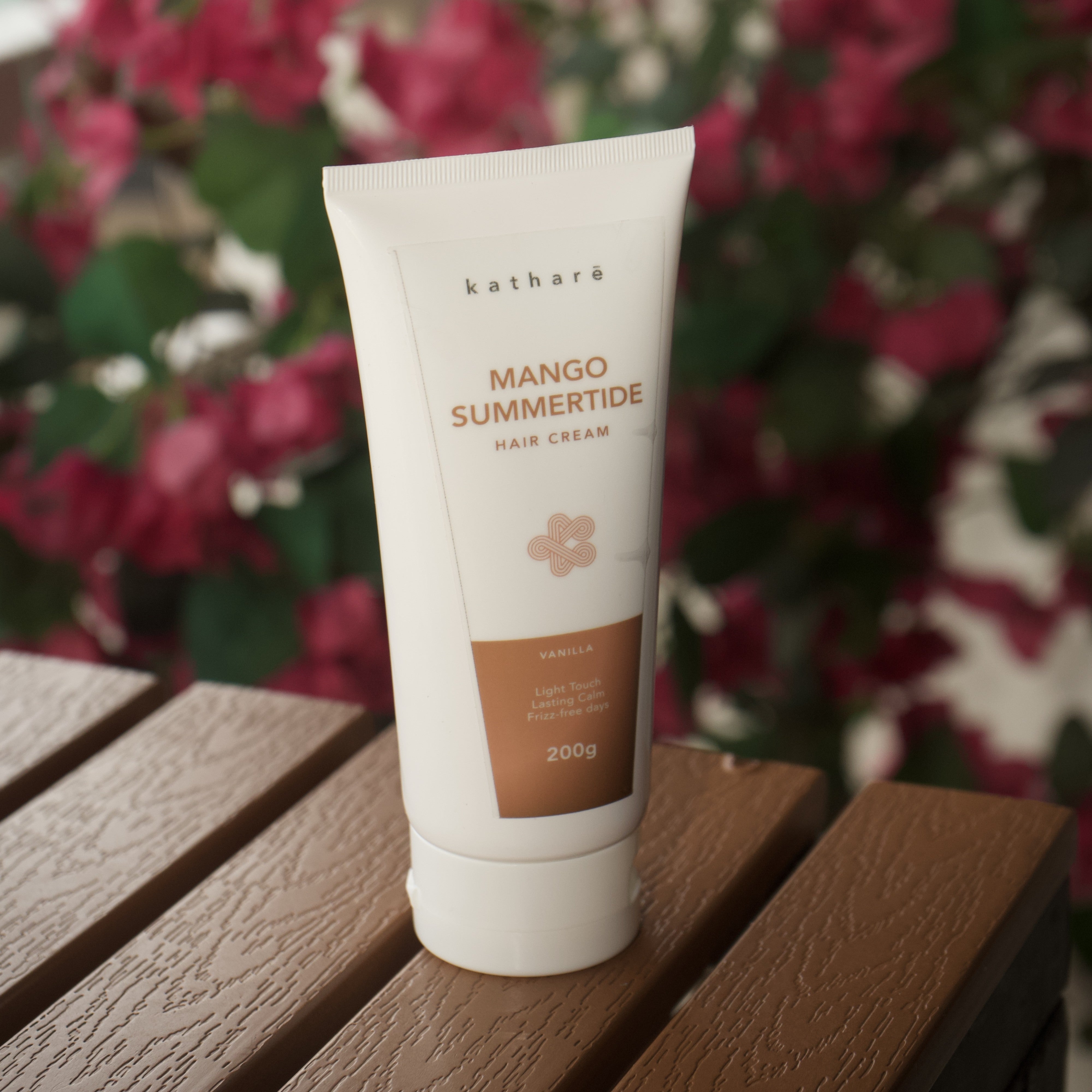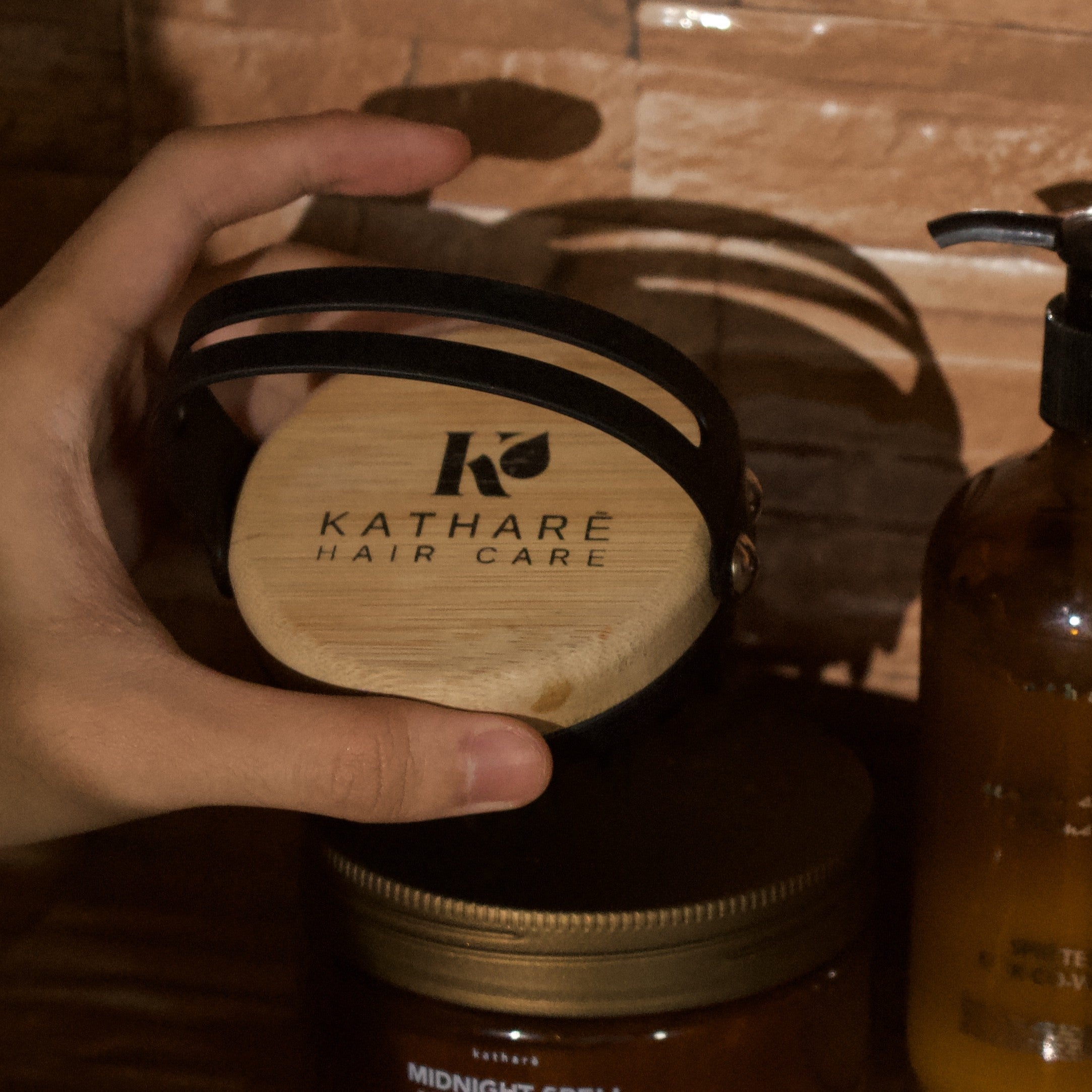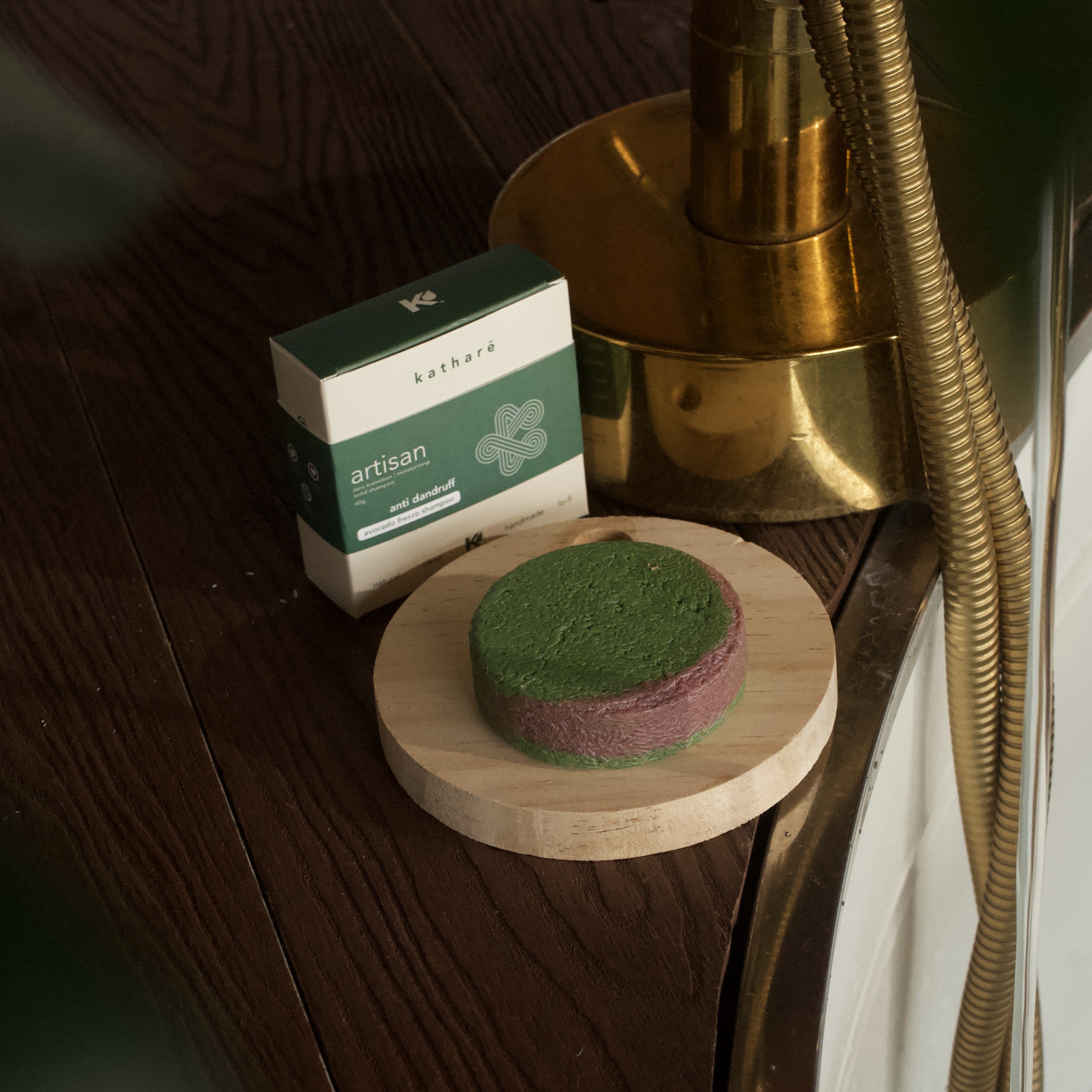Frizzy hair is a common struggle that can leave your mane looking like a bird's nest or as if you've just stuck your finger in an electrical socket. It's frustrating, especially when it feels like you've lost control over your hair. But understanding the root causes of frizz can help you manage and even prevent it.
What Causes Frizzy Hair?
Frizz happens when individual hair strands become dry, damaged, and lose their natural oils and moisture. Let's break down the common culprits behind frizzy hair:
-
Humidity
- How It Affects Your Hair: High humidity levels cause moisture in the air to penetrate the hair shaft. This added moisture causes hair to swell, which disrupts the smoothness of the hair cuticle and results in frizz.
- How to Combat It: To fight humidity-induced frizz, look for anti-humidity hair products that create a barrier between your hair and the moisture in the air. Consider using smoothing serums or anti-frizz sprays that seal the cuticle and lock in moisture.
-
Over-Washing
- How It Affects Your Hair: Washing your hair too often can strip it of its natural oils. These oils are essential for keeping your hair hydrated and smooth. Without them, your hair becomes dry and more susceptible to frizz.
- How to Combat It: Try to reduce the frequency of washing your hair to retain its natural oils. If you have to wash your hair frequently due to an oily scalp or active lifestyle, opt for a gentle, sulfate-free shampoo and always follow up with a hydrating conditioner.
-
Heat Styling
- How It Affects Your Hair: Excessive use of hot styling tools like flat irons, curling irons, and blow dryers can damage the hair cuticle. When the cuticle is damaged, it doesn't lay flat, which makes hair more prone to frizz.
- How to Combat It: To minimize damage, always use a heat protectant spray before styling. Try to limit the use of heat tools and let your hair air dry whenever possible. Investing in high-quality styling tools with adjustable temperature settings can also help reduce the risk of heat damage.
-
Chemical Treatments
- How They Affect Your Hair: Chemical treatments like coloring, perming, and relaxing can weaken the hair shaft. This weakening can lead to a compromised hair structure, making it more prone to frizz.
- How to Combat It: If you regularly undergo chemical treatments, it's crucial to nourish your hair with deep conditioning treatments. Look for products that are specifically designed for chemically treated hair and provide intense hydration.
-
Harsh Hair Products
- How They Affect Your Hair: Many hair products contain alcohol, sulfates, and other harsh ingredients that can dry out your hair and contribute to frizz.
- How to Combat It: Choose hair products that are free from sulfates, parabens, and alcohol. Opt for nourishing ingredients like argan oil, shea butter, and keratin, which can help smooth the hair and reduce frizz.
Tips for Managing Frizzy Hair
- Regular Deep Conditioning: Incorporate a deep conditioning treatment into your hair care routine at least once a week to replenish moisture and repair damage.
- Use a Microfiber Towel: Regular towels can rough up the hair cuticle, leading to frizz. Instead, use a microfiber towel or an old t-shirt to gently squeeze out excess water.
- Sleep on Silk: Silk pillowcases are gentler on your hair than cotton ones, reducing friction and frizz while you sleep.
- Avoid Touching Your Hair: Constantly touching your hair can disrupt its style and create frizz. Once you've styled it, try to avoid running your fingers through it too often.
Now that you’re in the know, it’s time to take the next step!
This is the perfect solution! All the goodness packed right here! Get yours now!









